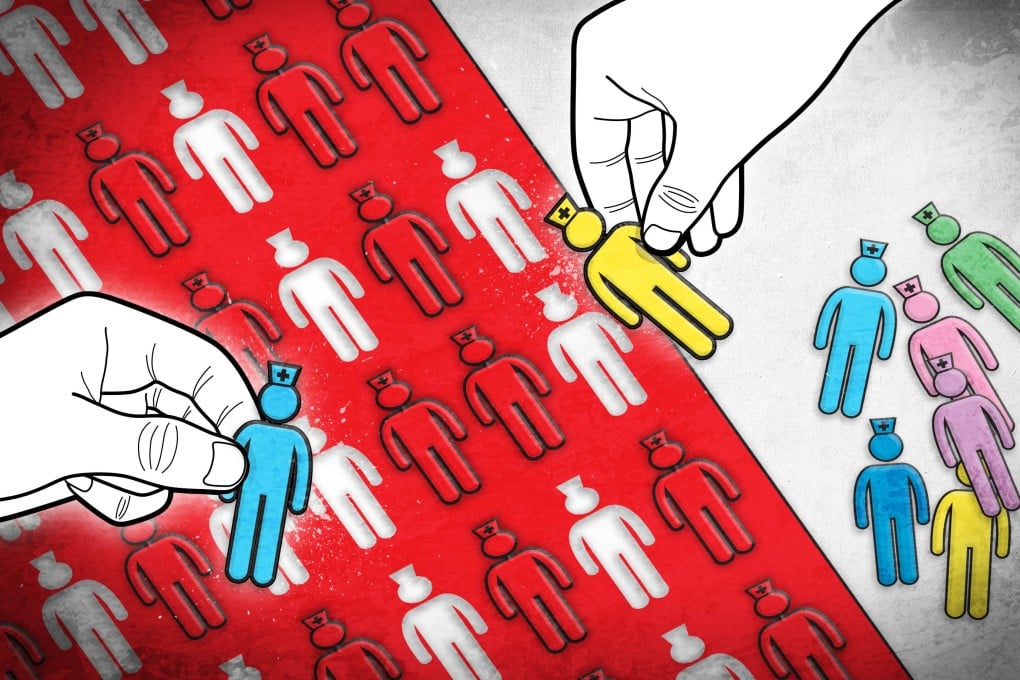
The Bishop of Norwich the Rt Rev Graham Usher outlines his deep concerns about assisted suicide proposals Over a ministry of nearly 30 years, I have spent many hours with those who knew they were dying. Some have wanted to squeeze out every ounce of life with loved ones. Others have gone into overdrive fulfilling their bucket list of things to experience.
Others have, in a sense, calmly turned their face to heaven. The care people have received has been personal and touching, at home, in hospital and in hospices. Physical pain has been significantly eased by incredible advances in medicine.
Death is what we all face one day, though we don’t like to talk about it. Kim Leadbeater’s private member’s bill, currently before Parliament, asks us deep questions about death. It needs to be a serious and sensitive debate.
It is a hugely emotive topic and not all of us will agree on this matter. As the media turn their attention to conversations in Parliament, we will naturally find our memories turning to times we’ve spent with loved ones in their final weeks, days and moments. I would like to outline the four reasons why I am so concerned about the possible introduction of assisted suicide.
I am concerned about the experience of countries which have legalised it, the impact assisted suicide would have on the most vulnerable, the lack of time the bill has had for scrutiny, and what a change in the law would say about the value of human life. The experience of countries where assisted suicide laws have been introduced is deeply worrying. Canada has dropped its legal requirement that death be “reasonably foreseeable” and is set to allow euthanasia for mental illness in 2027.
The Netherlands already allows euthanasia for the mentally ill and there is growing support for extending the law to elderly people with “completed lives”. Both of these countries were meant to have safeguards. These examples demonstrate how promised safeguards can all too easily fail.
When they do it is typically the most vulnerable who pay the price. I am particularly concerned about the impact assisted suicide would have on those living in poverty, with disabilities, or in coercive relationships. Even when surrounded by loving family and friends, there is still the possibility that people feel like a burden towards the end of their life.
In Oregon, almost half of those who have elected for life-ending drugs say they feel like a burden to friends and families. Amid our current crisis of constrained public finances and cost-savings, it is easy to see how pressure could be brought to bear, or people can see no hope of treatment, thus pushing them to assisted suicide. Progressing the Private Member’s Bill with such speed, and with little pre-legislative scrutiny is particularly troubling.
The details of the bill were only published late on Monday evening. Moreover, even when the bill is voted on in Parliament MPs will be given a maximum of five hours for debate. This is a short time to make decisions of life and death.
We need time for wisdom to percolate through what is proposed. For Christians and other people of faith, indeed for all of us who live by a set of values, these proposals ask deep questions of us. I believe that we are all made in the image of God, precious and beautifully made.
It is this reality that the commandment “you shall not kill” seeks to recognise. The principle is also a key to the moral foundation of the NHS – everyone is valuable, everyone deserves free medical care. Legalising assisted suicide would shift the NHS from the protector of life to an enabler of death.
I do not think it is right to ask this of health care professionals. It will put huge pressure on them. The best way to fully honour someone’s dignity is to recognise and respect their life with all its relationships, and to love, value and care for them.
In Norfolk and Waveney we are blessed with outstanding community palliative care teams and other medical professionals, as well as those who care for people at Tapping House, Priscilla Bacon Lodge and the East Anglia Children’s Hospice. I believe that good end of life care must be adequately funded by Government. Currently it is too reliant on charitable sources which means provision is dependent on the wealth of the local community.
This makes access to hospice care unequal - a postcode lottery. Please do talk about these issues, read about them and, of course, pray about all of this. If you find yourself, like me, deeply concerned, I would urge you to write to your local Member of Parliament expressing your thoughts.
Contact details are available on all MPs’ websites. I believe assisted suicide is not the right way forward..














